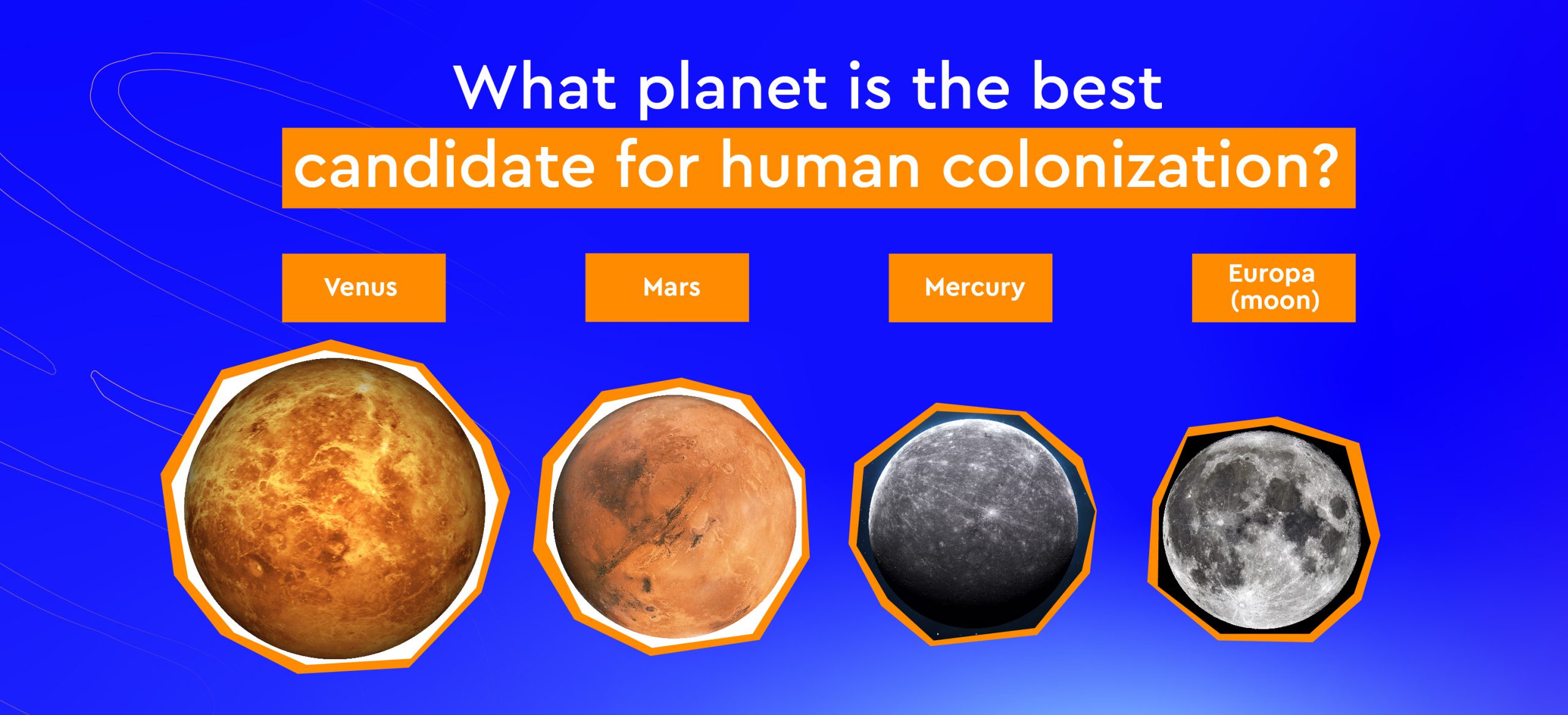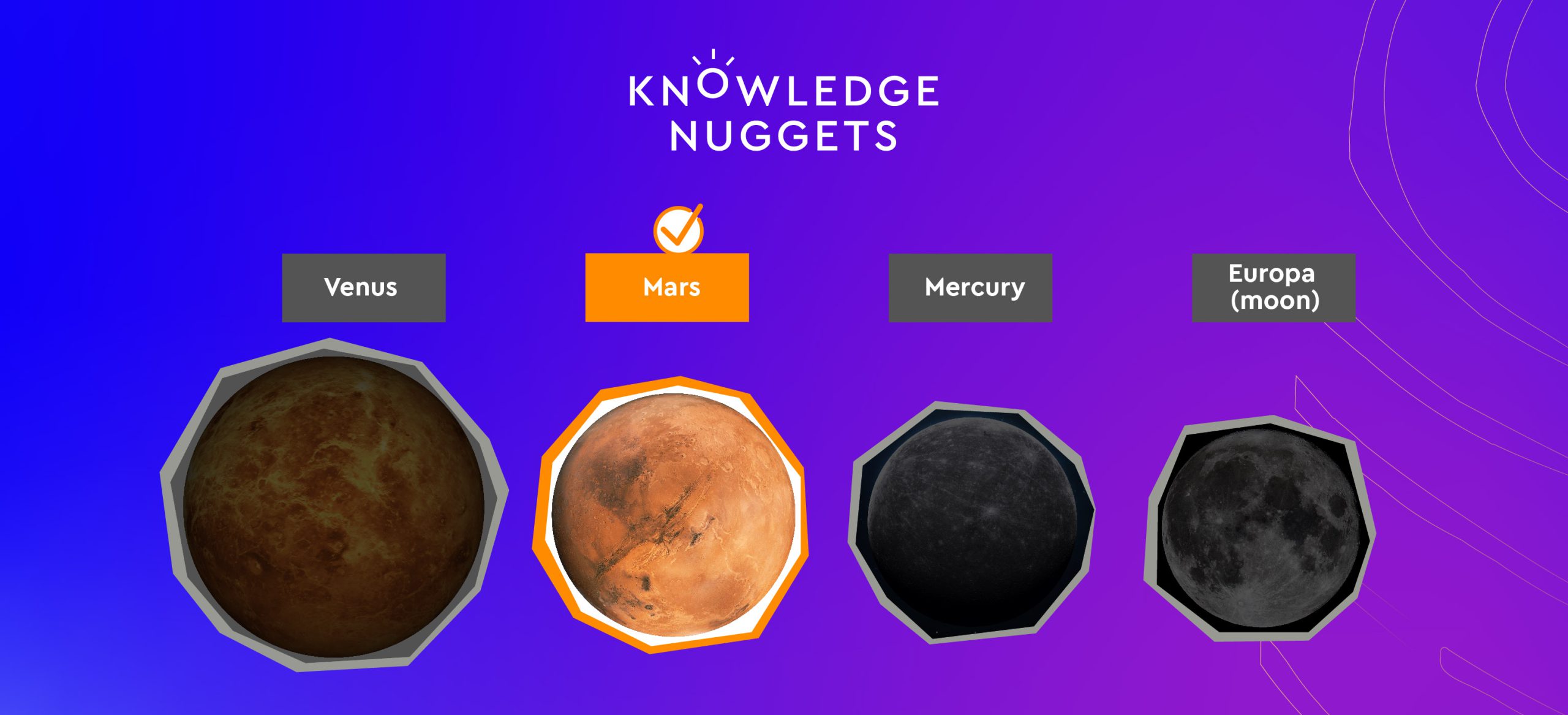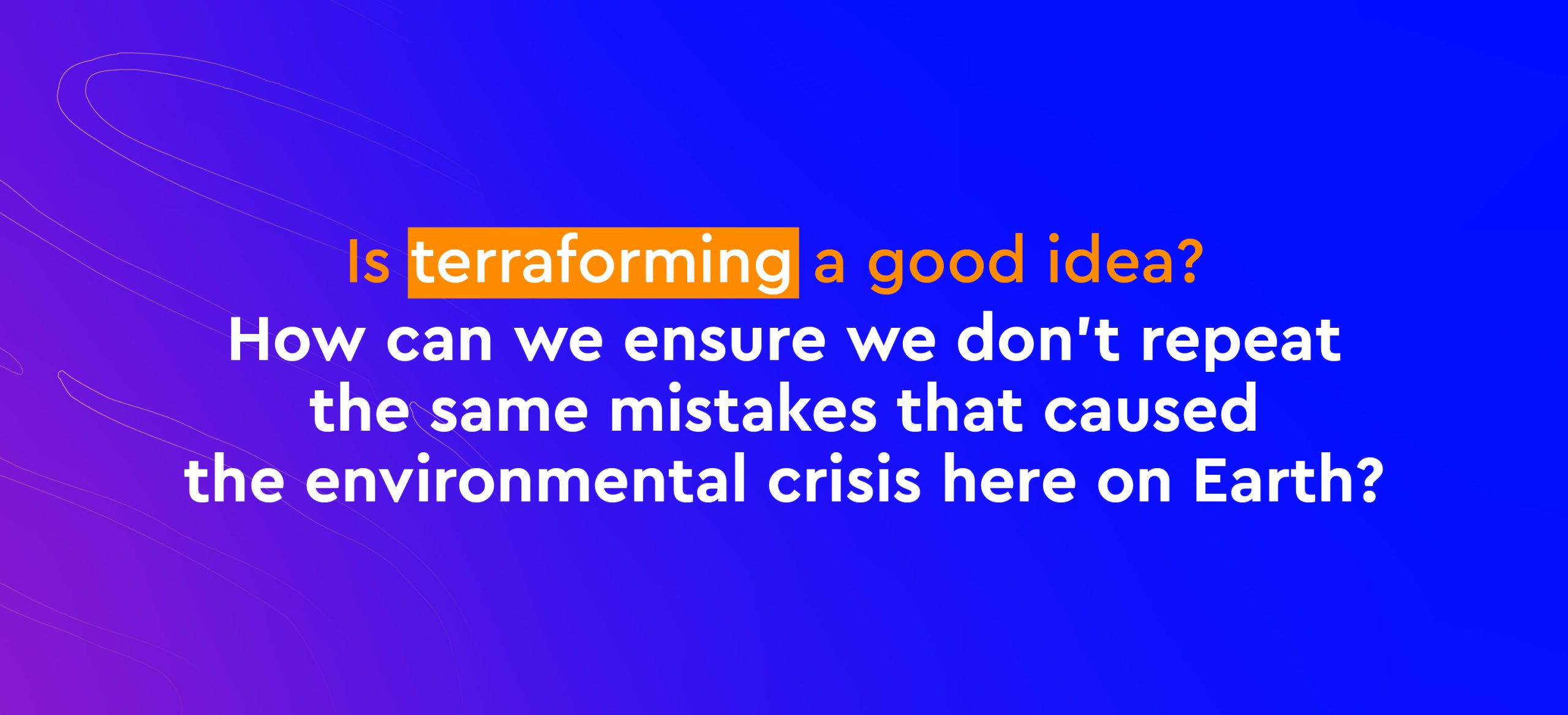

Should We Colonize Other Planets?
Should We Colonize Other Planets?
Terraforming is the hypothetical process of manipulating a planet’s conditions so that they are similar to the Earth’s environment. Is that a good idea?
Humans have been thinking of colonizing space since at least the 19th century. Nowadays, the growing global population and the environmental crisis mean some people see it as an appealing solution.
Several planets have been suggested as future homes for humanity, but the leading candidate for long-term human settlement is Mars, which has water and may once even have had an atmosphere similar to Earth’s. In fact, plans for terraforming the red planet were first suggested in the 1970s.
Terraforming is the hypothetical process of manipulating a planet’s geological and atmospheric conditions so that they are similar to the Earth’s environment, thus making the planet habitable for humans.
Of course, astronomers are also looking for Earth-like planets, meaning planets that already have conditions similar to Earth’s. But these would be outside our solar system, and it could take us a minimum of thousands of years to reach them with our current technology.
Terraforming Mars would entail many challenges, including changing the planet’s gravity and its toxic atmosphere. It may seem like science fiction, but so did space travel up until the 20th century. So who knows, maybe we’ll live to see it happen.
Terraforming other planets would mean changing their surface, climate and ecological systems. Does making a home for humans on other planets justify transforming them completely? What could happen if we did that?
Group Activity
- Divide the group into several teams.
- Pick one of the questions from the list below and let each team discuss it and then present their thoughts to the group; Alternatively, assign each team with a different question, and when they present it to the group ask the remaining teams for their thoughts as well.
Questions
- Would you go live on another planet?
- What would be the biggest challenges in creating a human colony on Mars?
- If you could design a school on Mars, what subjects would be most important to teach?
- How would the social structure of a colony on a distant planet differ from that on Earth? Would friendships be different? How about families?
- What would happen to humanity if it lived on different planets in the future? How would that change our culture, politics, languages, and beliefs? Would we still consider ourselves the same species?
- Is terraforming a good idea? How can we ensure we don’t repeat the same mistakes that caused the environmental crisis here on Earth?






